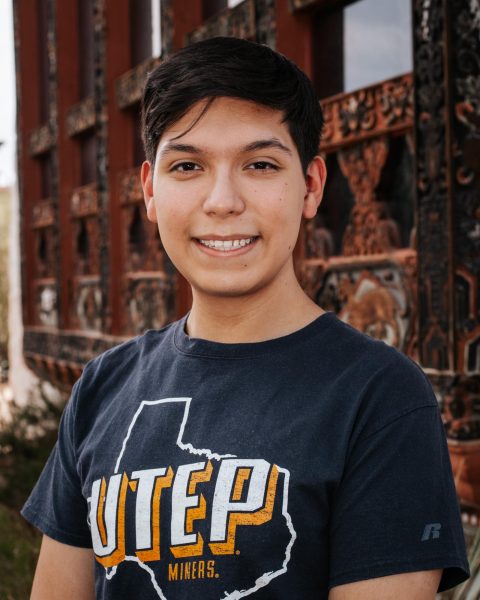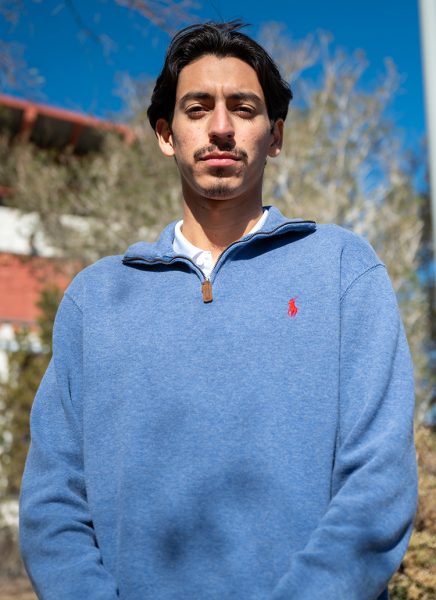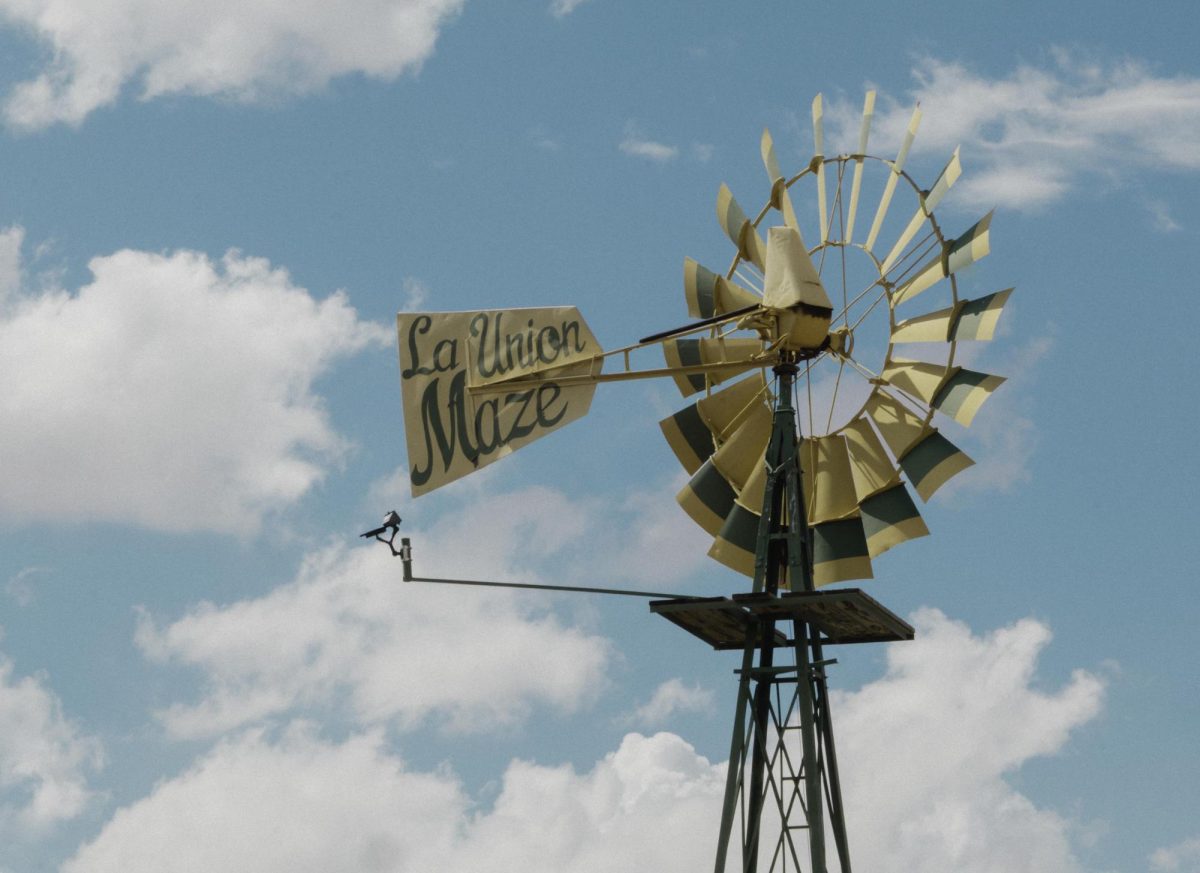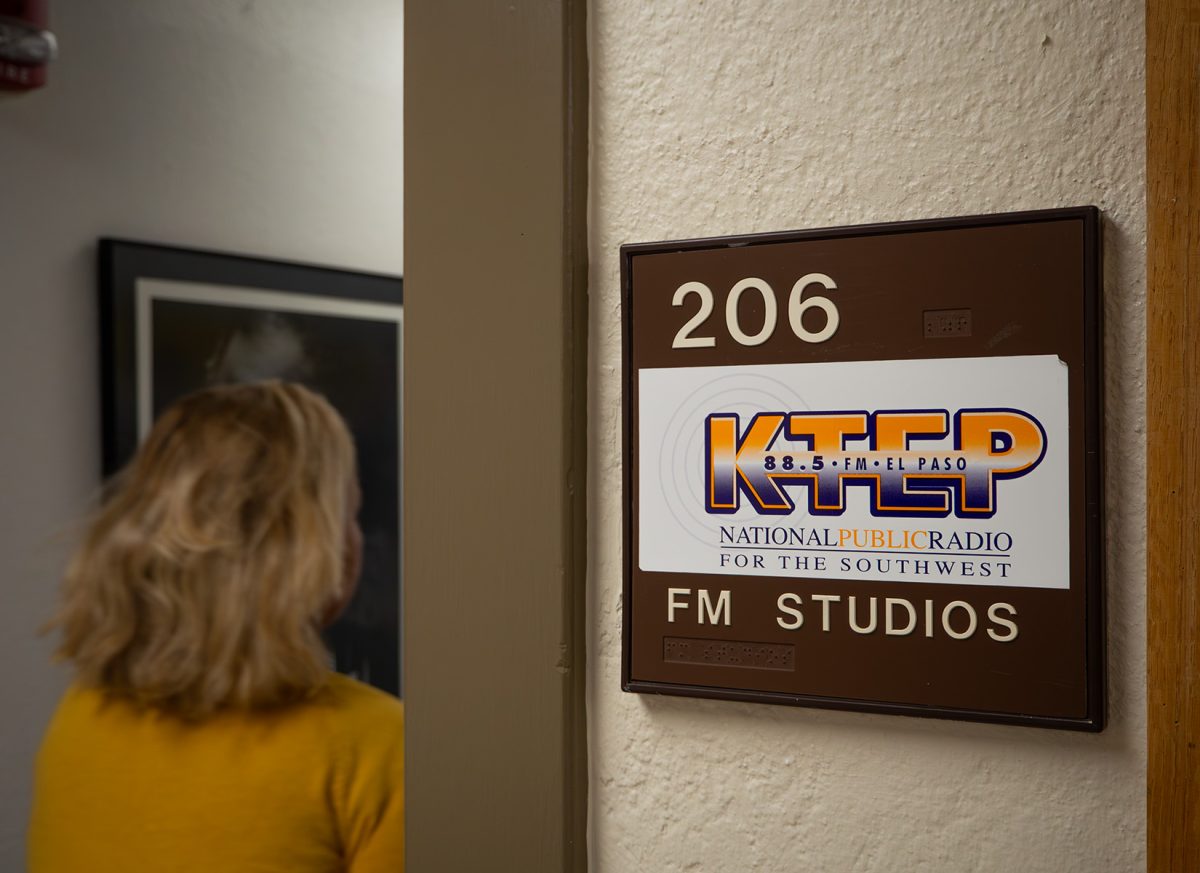Marixochitl Munoz Pratz remembers being in the doctor’s office when they called her last name instead of her full name. A moment she remembers vividly, sending flashbacks of people calling her “Mariachi” or “Marisol” and everything except her name. Though she grew tired of mispronunciation and shortening her name down, as an adult she learned to embrace the name her mom gave her by helping others know how to say her name.
Munoz Pratz cites her move from Ciudad Juárez to El Paso for high school as the start of the ‘tongue twisting’ trouble. Back in Juárez, everyone would pronounce her name correctly and never had to worry about her name being labelled “weird” or “different” by peers. It was not until the move; she soon faced all kinds of mispronunciations that no one would bother to correct.
“I found that nobody could pronounce my name, everyone (would) call me by my last name all the time, even at doctor’s offices (or) appointments,” Munoz Pratz said. “Throughout these years I found the easiest way that I can go ahead and let them know my name so they don’t mispronounce it like (at) school and work (is) I always tell them “Mari” for short, which sometimes I feel a little sad (about) because I have to shorten my name just to accommodate everyone.”
While she had to constantly put up with these obstacles, they never deterred her from appreciating her name and its meaning. Given to her by her mom, “Marixochitl” is rooted in the Aztec language and culture. Representative of her culture and heritage, Munoz Pratz is proud of her name and has grown to appreciate it more. At the same time, she has taken the opportunity to educate people on not only her name, but other names of Aztec and Hispanic origin.
“I’m grateful, my mom always told me that my name was so unique and (that) it means queen of flowers. (Now) I’m a grown woman, (so) I try to go ahead and tell (people) how (to) pronounce it, (and) everyone tells me it’s such a beautiful name,” Munoz Pratz said. “I think I advocate for my name now. I mean it’s just trying to advocate for yourself, for your roots. You should go ahead and be proud that you have a name like that. Once I (got) older I started feeling that representation.”
Today, Munoz Pratz is working on finishing her education at UTEP in the College of Health Sciences and focuses on doing social work not only at school but in the community. With high hopes, Munoz Pratz strives to stand for the Hispanic community in public events and places.
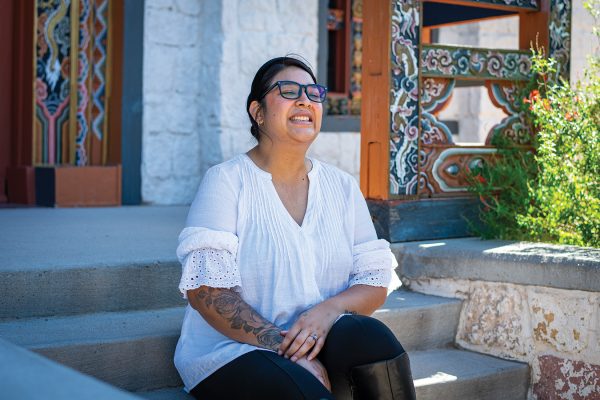
Like Munoz Pratz, another UTEP student has shared the same struggles, Xiomara Lara-Dupuy, a senior studying digital media production. Lara-Dupuy remembers the times when her name was constantly mispronounced and had to be shortened to a nickname.
“My grandmother actually carried the name Xiomara. I found out it was Aztec, possibly Mayan. The meaning of Xiomara means inner beauty,” Lara-Dupuy said. “I’ve heard plenty of mispronunciations (when) I used to live in Washington state, even when I was in middle school here. I had someone call me ‘Zoe’ (and) ‘X-yo-mara.”
Just like another familiar story, Lara-Dupuy changed her name to Lupe, short for her middle name Guadalupe. Though she changed her name to avoid constant confusion, Lara-Dupuy was not the first in her family to do so. Her grandfather, a Colombian immigrant from Bogotá, was forced to change his family name to avoid problems like discrimination.
“Originally our last name was Perez, but we had to change it due to racism and scandals, there were a lot of issues. It is in our family (though), it’s French. So, we stuck to Dupuy to make (us) more European,” Lara-Dupuy said.
With history of changing names, Lara-Dupuy has grown to embrace her name as part of her identity and heritage. It was not easy at first, as the passing of her grandmother made her hesitant to use her name but as time went on, she learned to love it and love the growing effort people started to have to say it correctly.
“I have always embraced my name, but I did have a point in my life where I did not care for my name much because my grandmother had passed away. I had an issue with people saying my name because it reminded me too much of her. Later, I embraced it much stronger,” Lara-Dupuy said. “This is where I’m from, this is where my family’s from, this is who I am. I’ve (also) had people want to say it correctly, to learn how to say it correctly.”
While not all names are uniquely pronounced, those that do have an importance to the people that claim them, especially with names of indigenous and cultural significance. Like others, Munoz Pratz and Lara-Dupuy have names with Aztec origins that are constantly overlooked and mispronounced. As culture changes, it is clear that more people are taking the time to learn the history behind these names.
Elisha Nuñez is a staff reporter and can be reached at [email protected]




